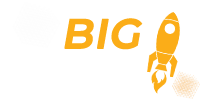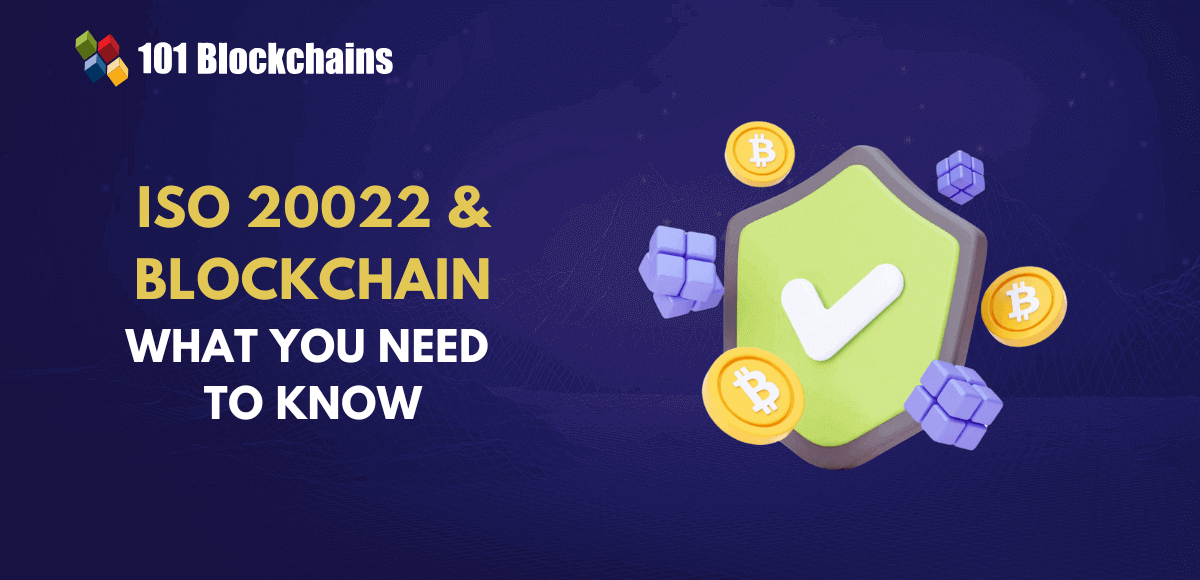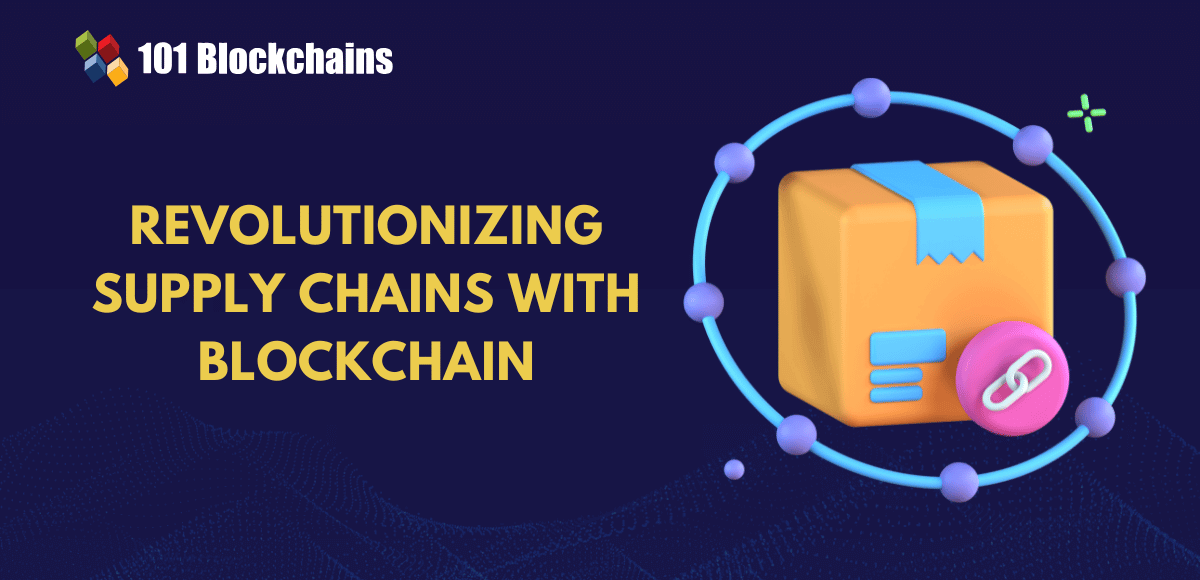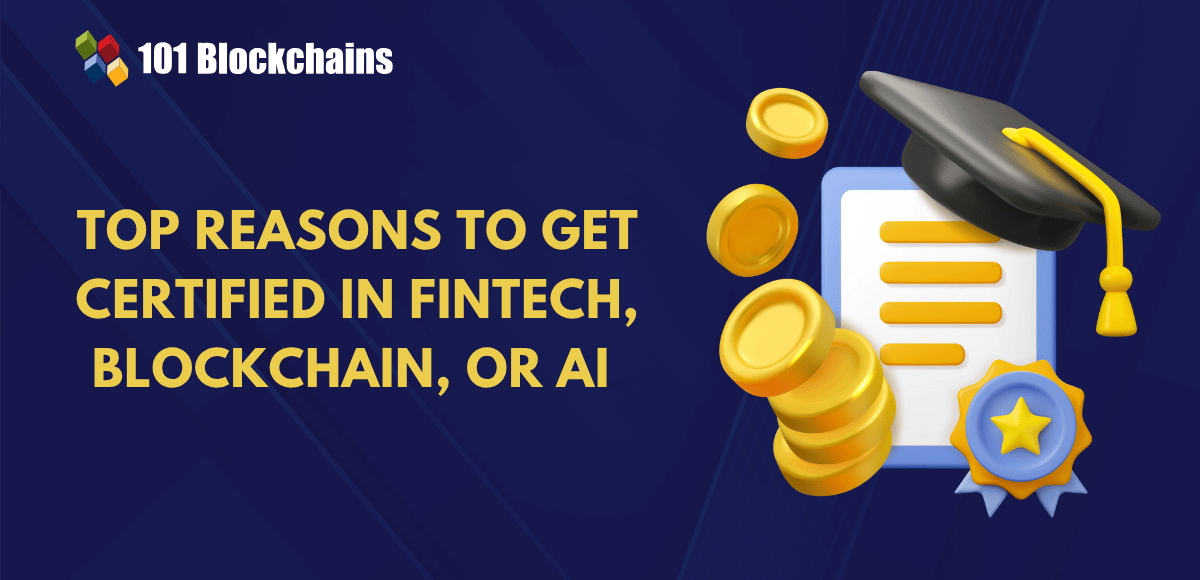Learn how blockchain truly works, master key definitions, and uncover what makes smart contracts so "smart." Dive into the fundamentals, gain valuable insights, and start your blockchain journey today!
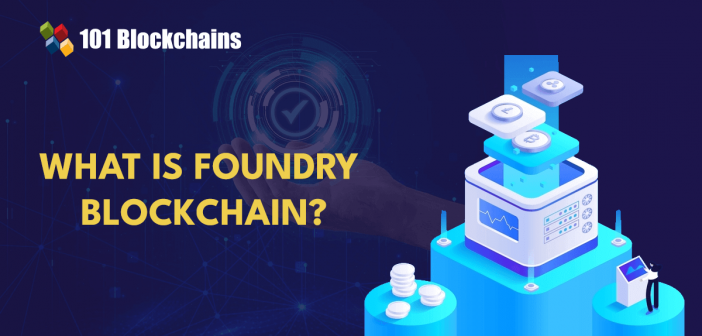
- Blockchain
Georgia Weston
- on November 15, 2023
An Introduction to Foundry Blockchain
Blockchain and web3 are the most prominent buzzwords in the domain of technology right now. With the help of blockchain technology, businesses and users could find decentralized alternatives to legacy systems and processes. On the other hand, it has also served as a core component in the growth of web3. How is an introduction to Foundry relevant to discussions about blockchain and web3?
The web3 landscape depends on dApps, smart contracts, cryptocurrencies, NFTs, metaverse, and other technologies contributed by blockchain. However, it is important to lower the barriers to entry to welcome more users into the web3 ecosystem. Tools such as Foundry help in achieving the same objective by providing an effective solution for creating dApps without technical challenges. Let us learn more about the Foundry blockchain and how you can work with it to build dApps and smart contracts on Ethereum blockchain.
Build your identity as a certified blockchain expert with 101 Blockchains’ Blockchain Certifications designed to provide enhanced career prospects.
What is Foundry?
Foundry is a formidable toolkit for developers who want to create new applications on Ethereum blockchain. As a matter of fact, it is a type of blockchain that offers a collection of developer tools alongside infrastructure for streamlining the development process. You can find the best answer to “What is Foundry blockchain?” on the official website of Foundry or the Foundry Book.
The official website describes it as a ‘toolchain’ for smart contract development. Foundry can help in managing the project dependencies, compilation of projects, and running tests. It also helps in deploying dApps and smart contracts alongside facilitating on-chain interactions directly through the command line and Solidity scripts.
Foundry has been created with Rust programming language, and it serves as a comprehensive framework for debugging, testing, and deployment of Solidity smart contracts. The primary objective of Foundry framework revolves around simplifying the process of developing and deploying dApps. It offers a user-friendly development framework along with improved functionalities for testing and deploying smart contracts. Another crucial highlight of Foundry is the support for integration with notable blockchain frameworks, services, and tools. It allows developers to focus on their creative ideas rather than facing technical challenges.
Get familiar with the terms related to blockchain with Blockchain Basics Flashcards.
What Does Foundry Offer?
Foundry offers a comprehensive collection of tools that can help you develop and deploy dApps on Ethereum blockchain. Developers can leverage the Foundry Solidity interplay for writing smart contracts and deploying them on Ethereum blockchain. It offers a command-line interface or CLI that helps in creating, deploying, and managing smart contracts on one platform. The CLI offers a collection of commands that can help you perform different tasks associated with smart contract development. For example, you can create a new project, write the smart contract in Solidity, and compile and deploy it on Ethereum.
Upon creating a new project in Foundry, you could write the smart contract and use the Foundry CLI for compilation. The workflow of Foundry smart contract framework involves generation of bytecode and ABI or Application Binary Interface, which help in deploying smart contracts to Ethereum. After deploying the contract, you can use a web3.js library or Foundry CLI to interact with your smart contract.
The most striking highlight of Foundry is that developers can write tests in Solidity, which simplifies the testing process. The flexibility for writing tests in Solidity for Solidity contracts serves as a formidable advantage for Foundry users. Furthermore, the advantages of Foundry blockchain explained for beginners also point to the facility of in-built fuzzing. It is an ideal software testing technique for extensive testing by leveraging random data in the form of inputs. On top of it, users have personally claimed that it is faster than other smart contract development frameworks.
Learn about blockchain technology fundamentals, use cases, enterprise blockchain platforms, and BAAS vendors with Blockchain For Enterprise E-book
Important Tools of Foundry
Foundry is a modular and portable toolkit for dApp development on Ethereum. Developers can access a broad collection of tools for supporting their dApp and smart contract development projects. Anyone who wants to learn Foundry blockchain and its working mechanism should know about the important CLI tools. The important tools that define the functionalities of a Foundry include a Forge, Cast, Anvil, and Chisel. Forge is the Ethereum testing framework, similar to Hardhat and Truffle.
Anvil serves as the local Ethereum node, like the Hardhat network and Ganache. The local Testnet node could help in front-end testing of smart contracts and evaluating smart contract interactions over RPC.
A cast is a multi-purpose tool for diverse interactions with EVM smart contracts, obtaining chain data, and sending transactions. Cast is an important highlight in an introduction to Foundry as it helps in using the Foundry CLI to perform Ethereum RPC calls.
Chisel is a fast, verbose, and utility-centric Solidity REPL offered with Foundry that can help you test the behavior of Solidity smart contracts on local or forked networks.
Working Mechanism of Foundry
The most crucial highlight in responses to “What is Foundry blockchain?” is the working mechanism of Foundry. You can develop a dApp with Foundry by using the following steps.
-
Development
Foundry offers a user-friendly development environment to write and test smart contracts in Solidity.
-
Testing
Developers could rely on Foundry framework for using in-built testing tools to improve the effectiveness of their dApps. The tools work through simulation of real-world scenarios to ensure that smart contracts work according to desired specifications.
-
Deployment
Once you have completed the testing process, you can deploy smart contracts directly to Ethereum blockchain. Foundry offers a collection of deployment tools for ensuring that your dApp is available to all users on Ethereum network.
-
Monitoring
The Foundry Solidity smart contract development workflow offers the value advantage of real-time monitoring tools. The monitoring tools can help developers in tracking the performance of their dApps alongside identifying any potential issues.
-
Seamless Integrations
Another prominent highlight in the working mechanism of Foundry for smart contract development is the assurance of seamless integrations. Foundry supports integration with notable blockchain services and tools such as Metamask and Infura to offer a seamless development process.
Start your blockchain journey Now with the Blockchains Fundamentals Free Course
How is Foundry Different from Other Smart Contract Development Frameworks?
The list of questions for an individual who wants to learn Foundry blockchain would also focus on its advantages over other smart contract development frameworks. Foundry is a powerful competitor to other frameworks, such as Remix IDE, Hardhat, and Ganache, in terms of different parameters. Here are some of the distinct ways in which Foundry is different from popular smart contract development frameworks.
-
Ease of Use
One of the most significant advantages of Foundry smart contract framework is the user-friendly interface and workflow. Developers can access all the tools required for dApp development and deployment directly through the Foundry CLI. It is a trusted and effective platform for smart contract development, even for beginners.
-
Integration with Other Tools and Services
The seamless integration with other blockchain tools and services, such as Infura, Truffle, web3.js, and Metamask, improves the development experience. Developers could access the power of all these tools in one platform, thereby improving their efficiency.
-
Testing and Deployment Tools
The facility of in-built tools for testing and deploying smart contracts directly to Ethereum blockchain also differentiates Foundry from other smart contract development frameworks. It can help developers in ensuring that their smart contracts work according to desired specifications before deploying them. In addition, the CLI also provides the flexibility of deploying to multiple environments.
The Foundry Solidity framework offers a comprehensive collection of tools and features required for easier development and deployment of dApps on Ethereum. In addition, it also supports dApp development on EVM-compatible blockchains such as Optimism, Polygon, Avalanche, and Arbitrum.
-
Flexible and Faster Compilation
The value advantages of Foundry for developers also focus on the assurance of flexible and faster compilation. Foundry supports automatic detection and installation of the recent Solidity compiler version. In addition, the details of the compilation pipeline of Foundry blockchain explained for beginners also emphasize parallel compilation.
It also supports incremental compilation and caching, which ensures that only the modified files go through compilation again. In addition, Foundry also offers support for non-standard directory structures, such as Hardhat repos. GitHub sources have reported that compilation with Foundry is faster by almost 1.7 to 11.3 times, according to the amount of caching required for compilation.
-
Fast and Portable
Another distinct aspect that differentiates Foundry from other smart contract development frameworks is the advantage of speed and portability. The introduction to Foundry shows that you can write tests directly in Solidity, thereby speeding up the development and testing processes. On top of it, Foundry also offers the advantage of speed with fuzz testing, which involves shrinking inputs and printing counter-examples.
Foundry also supports a remote RPC forking mode, which utilizes the async infrastructure of Rust. It also supports flexibility for creating debug logs by using ‘DsTest’ emitted logs or the popular ‘console.sol’ contract like Hardhat. Foundry also offers the advantages of portability and ease of installation without any package manager.
Curious to understand the complete smart contract development lifecycle? Enroll now in Smart Contracts Development Course!
How Can You Install Foundry?
The guides to “What is Foundry blockchain?” also invite attention to the recommended steps for installing Foundry. You can use the Foundry toolchain installer, Foundryup, for updating or reverting to a particular Foundry branch easily. You can install Foundry by running the following command in the terminal,
curl -L https://foundry.paradigm.xyz | bash
The command would start the Foundryup installation, and you have to follow the on-screen instructions. It would help in ensuring availability of the ‘foundryup’ command in your Foundry command-line interface. Upon running the ‘foundryup’ command, Foundry would install all the recent precompiled libraries or CLI tools, such as forge, chisel, anvil, and cast.
Do You Need a Different Installation Process for Windows?
The ‘foundryup’ command is an effective resource for installing Foundry tools on MacOS and Linux systems. However, you can install Foundry framework on Windows only by building from source. The important requirements for building from source are Cargo, which is the Rust package manager, and the Rust compiler. You can install both of them by using the ‘rustup.rs’ command. In addition, you would also require the latest version of Visual Studio on your system with the Workloads option set to “Desktop Development with C++.”
Developers can install Foundry smart contract framework on Windows by using three different methods. The first option involves the use of Foundryup flags such as the following,
foundryup --branch master foundryup --path path/to/foundry
The second option for building from source is simpler with the use of a single Cargo command like the following:
cargo install --git https://github.com/foundry-rs/foundry --profile local --locked forge cast chisel anvil
Another option for installing the Foundry Solidity development framework on Windows systems involves manual efforts. Developers can build from source by using a local copy of Foundry repository.
Start learning Blockchain with World’s first Blockchain Skill Paths with quality resources tailored by industry experts Now!
How Can You Start New Projects in Foundry?
The next crucial question for beginners learning about Foundry blockchain deals with the ideal method for starting new Foundry projects. What is the best tool to start working with Foundry? The ‘forge’ command line tool helps you find an effective solution for creating, compiling, and testing new projects. The working of Foundry blockchain explained the simplicity of using the Foundry CLI for developing dApps and smart contracts. You can use ‘forge init’ to start a new project on Foundry. Here is an example of the command you must use in the CLI.
$ forge init hello_foundry
In the next step, the ‘forge’ would generate the following output.
$ cd hello_foundry $ tree . -d -L 1 . ├── lib ├── script ├── src └── test
4 directories
Subsequently, you can use the ‘forge build’ command for building the project and ‘forge test’ command for running tests. Developers can also print help for subcommands by using ‘–help’ towards the end.
Start learning Blockchain with World’s first Blockchain Career Paths with quality resources tailored by industry experts Now!
Conclusion
The introduction to Foundry showcased the exclusive benefits it offers in comparison to other smart contract development frameworks. As the web3 revolution gains momentum, it is important to look for tools that can support easier web3 development. Smart contracts and dApps serve as the foundations of web3, and frameworks like Foundry could help in reducing the barriers to entry in web3. Foundry offers a comprehensive collection of tools and features for creating, testing, and deploying dApps directly from one platform. Learn more about the best practices for creating and testing projects with the help of Foundry CLI now.
*Disclaimer: The article should not be taken as, and is not intended to provide any investment advice. Claims made in this article do not constitute investment advice and should not be taken as such. 101 Blockchains shall not be responsible for any loss sustained by any person who relies on this article. Do your own research!
